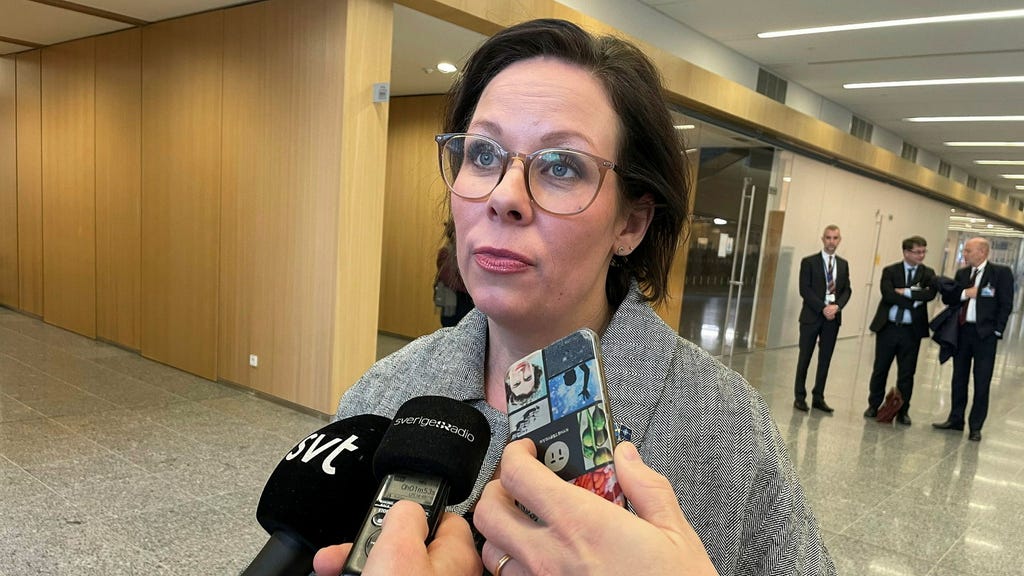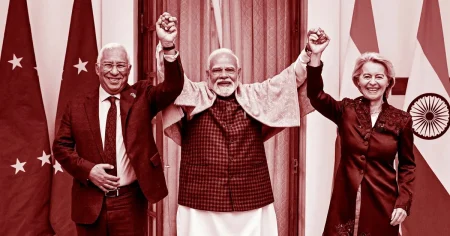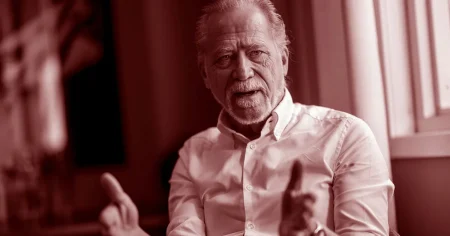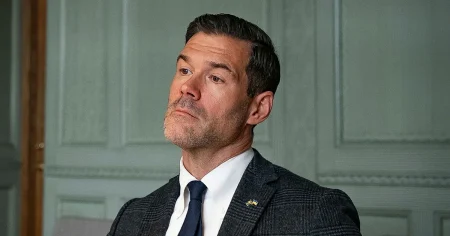Paragraph 1: A Concerning Omission and the Vagueness of EU Foreign Policy
Sweden’s Foreign Minister, Maria Malmer Stenergard, recently delivered her inaugural policy speech at the Swedish Institute of International Affairs. A notable absence in her address was any significant mention of the European Union’s role in Swedish foreign policy, a point raised by attendees. Though Stenergard later clarified the EU’s crucial importance to Sweden, the initial omission sparked concern about the broader ambiguity that often characterizes the EU’s collective foreign policy stance. This vagueness is evident in the EU’s often repetitive and seemingly outdated positions on critical issues like the Middle East, despite the region’s proximity and undeniable influence on Europe. The EU’s united and robust response to the war in Ukraine stands as a notable exception to this trend of passivity.
Paragraph 2: The Paralyzing Power of the Veto and National Self-Interest
The requirement of unanimous agreement among all member states for any EU foreign policy action, including the power of veto, is a key contributor to the Union’s often muted and ineffective responses. While the veto mechanism is understandable in matters of national security and citizen well-being, it is frequently exploited by member states prioritizing national interests over collective European action. This tendency towards national self-interest results in a diplomatic inertia where considerable time and effort are expended on diluting and weakening joint statements and resolutions, ultimately rendering them inconsequential and ineffective. Rather than engaging constructively to forge a strong, unified European voice, member states often resort to the veto as a convenient escape from the complexities of collaborative diplomacy.
Paragraph 3: The EU as a Compromise Machine and the Difficulty of Consensus
The EU’s inherent nature as a compromise-driven entity further complicates its foreign policy pronouncements. Achieving consensus among 27 diverse nations inevitably leads to diluted language, lacking the decisiveness and clarity often seen in the pronouncements of autocratic leaders. Unlike figures like Putin, Xi, or Trump, who are unburdened by the need for consensus-building, EU leaders must navigate the intricate web of internal negotiations. This inherent difficulty of achieving consensus contributes to the perception of the EU as a weaker international actor. The unique structure of the EU, blending national sovereignty with shared decision-making, makes it a puzzle for many external observers, including some world leaders who struggle to grasp its complex workings.
Paragraph 4: The Complexities of Shared Sovereignty and Disparate Policy Domains
The EU’s unique blend of shared and national sovereignty creates a complex structure that can lead to inconsistencies in its external policies. While trade and certain economic decisions are made collectively, areas like defense and foreign policy remain largely under national control. This division of power contrasts sharply with countries like the United States where the president can, in theory, align foreign, trade, and defense policies. In the EU, the lack of a single, unifying authority capable of streamlining these domains often results in a fragmented and less coherent external presence. This division makes it challenging for the EU to project a unified and impactful stance on the global stage.
Paragraph 5: Challenges and Opportunities for High Representative Kaja Kallas
The new High Representative for Foreign Affairs, Kaja Kallas, faces a formidable task in navigating these complexities and strengthening the EU’s foreign policy voice. While her commitment to supporting Ukraine is unwavering, the wavering support within certain member states presents a significant challenge. Beyond the Ukrainian conflict, Kallas, relatively new to the role, must also contend with a broad array of global issues demanding attention. The EU’s current structure limits Kallas’s authority, especially when faced with dissenting member states. This constraint underscores the need for structural reforms to empower the High Representative and allow for more decisive action.
Paragraph 6: The Need for Reform and a Stronger European Voice
Numerous proposals aim to bolster the EU’s foreign policy effectiveness. These include limiting the veto power within specific foreign policy areas, empowering the High Representative to speak even in the absence of full consensus, and granting the High Representative the authority to convene emergency meetings of foreign ministers. Furthermore, the revival of a pan-European security council, potentially including the United Kingdom, is being discussed as a means of amplifying Europe’s voice on the global stage, particularly in the face of rising geopolitical tensions. Ultimately, strengthening the EU’s foreign policy requires a renewed commitment from member states, including Sweden, to prioritize collective European action and invest more significantly in shared diplomatic initiatives. This commitment is essential for the EU to effectively navigate the complexities of the 21st-century world and exert its influence as a force for peace and stability.














